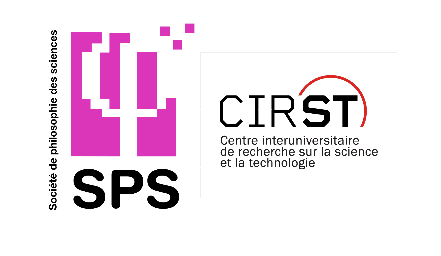Eliminating candidates for best scientific theories
1 : University of California [San Diego]
University of California, San Diego
Scientific theories might be judged by the various epistemic virtues and ranked by each on either an ordinal, cardinal or ratio scale. With respect to each virtue we ought to be able to compare the theories and at the very least attain a partial ordinal ranking. If we manage to get a partial ordinal ranking of theories for each virtue separately, then we might be able to determine which theory best satisfies the epistemic virtues overall. While unbiasedness requires us to weigh each virtue the same, coherence allows us to fallibly infer from how some rankings compare to others what sub-set of theories is the best. Such a process might at best uniquely determine a single theory within the subset, or at worst simply include the whole original set, depending on how useful the ranking is for extracting additional information. Anything in between, however, will usefully narrow down the domain of candidates for the title of best scientific theory and as such brings us one step closer to the goal of determining what the best scientific theory is. I claim that even with only ordinal information, contrary to the Arrovian result, we are generally able to find a subset of theories that can be justifiably (though not infallibly) viewed as better than others (and if this subset includes only one theory, all the better).


